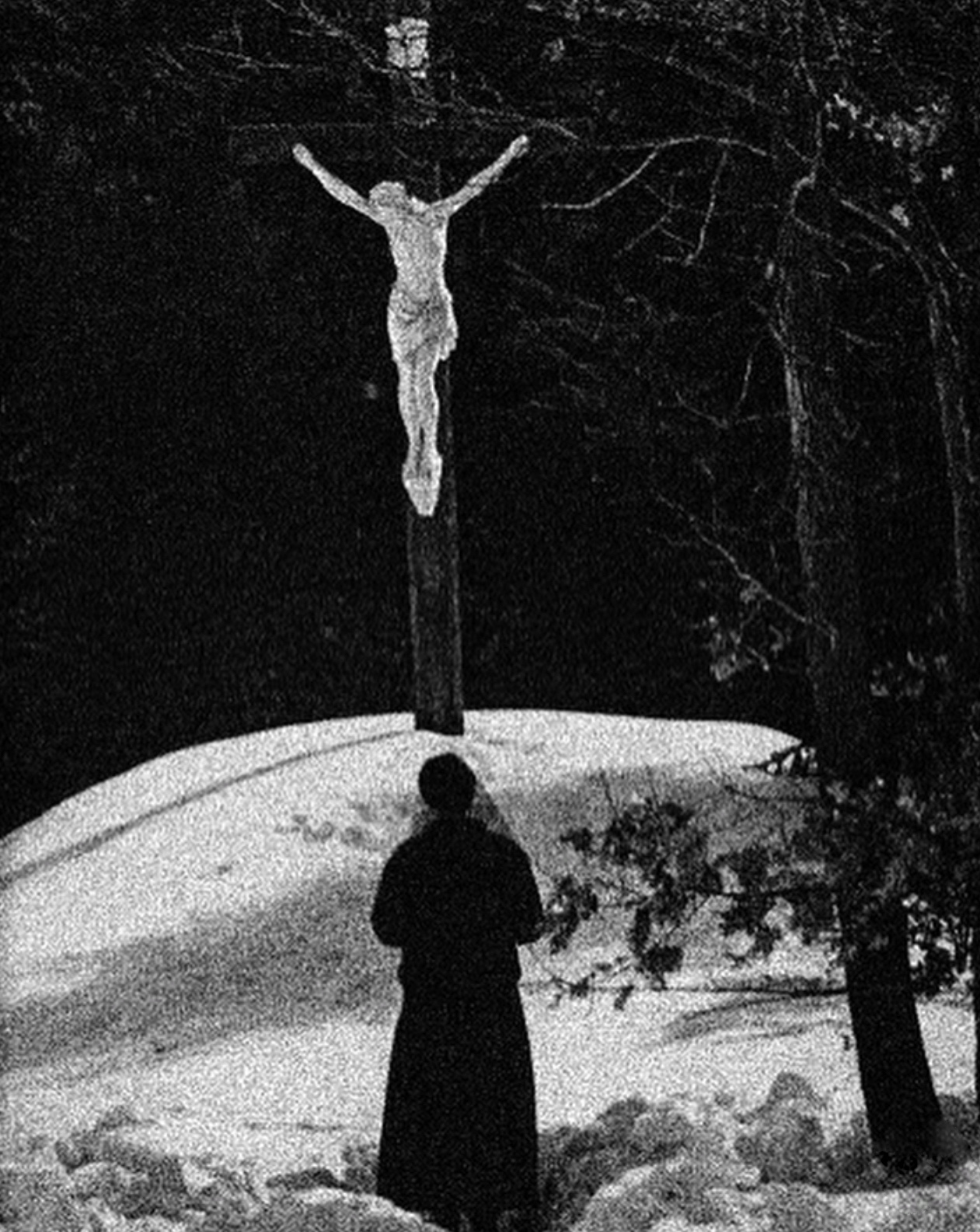Repentance is not about dwelling on our past failures, but about lifting our eyes towards God’s Love and stepping forward in trust, toward the new creation we are becoming through Christ’s grace. —D.
+++
Repentance is not a matter of turning inward, measuring the distance between who we are and who we think we should be. It is not the weight of shame pressing down, bending us further into the earth. Instead, it is the lifting of our eyes—away from the wreckage we’ve gathered and the weight we’ve carried—and towards the vast horizon of God’s Love. To repent is to know that the grace of Christ is not bound by our bad choices, but is a river that runs deeper than the soil we’ve turned over in regret.
We are taught to look back, to count the times we’ve missed the mark, to scour our past for evidence of all we’ve failed to become. But the true work of repentance is in the movement forward. It is not a process of looking back to see how far we’ve fallen, but of looking ahead with trust in the Love that is already reaching towards us, beckoning us into what we have yet to be. The call is not to mourn our failures, but to step into the promise that we are always being made new.
In this turning, we find that repentance is not just a sorrow for the past but a firm step into the future. It is the recognition that what we have failed to be is not the last word, that Christ’s grace is already forming us into what we might yet become. The pilgrimage is not backwards, but forwards. It is not about the old shape of ourselves, but about the new creation, the life that waits to unfold in the Light of His Love. We are not bound by what we were. We are called to rise, to walk towards the future that Christ holds open for us.
